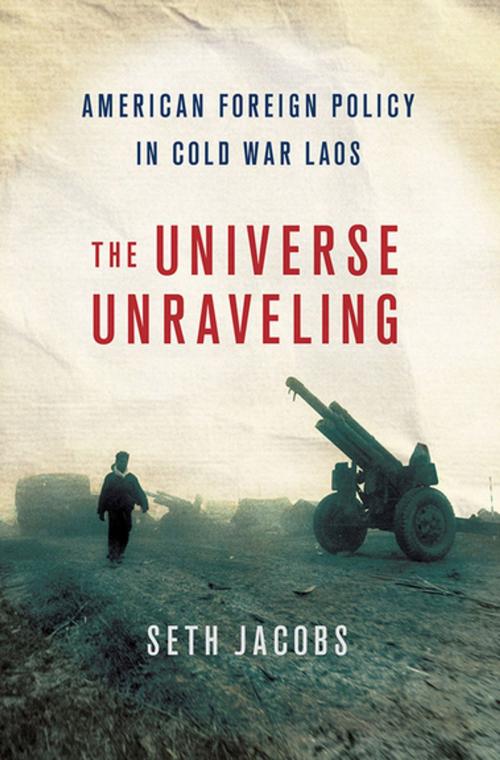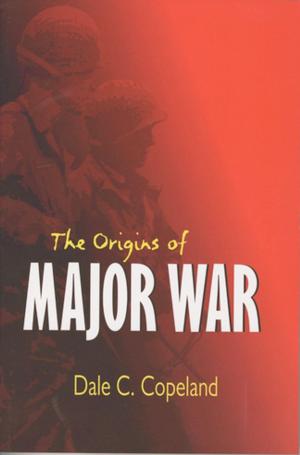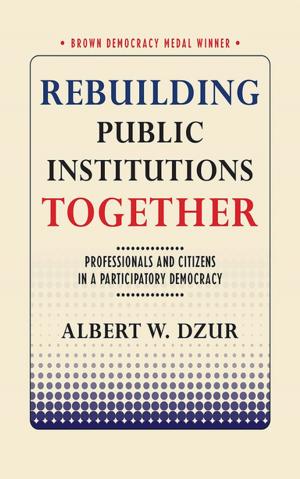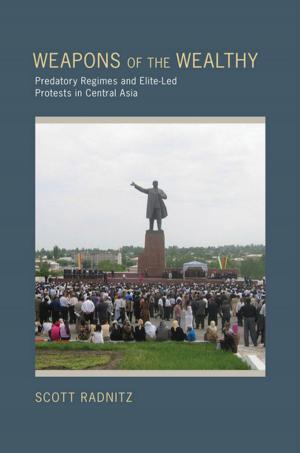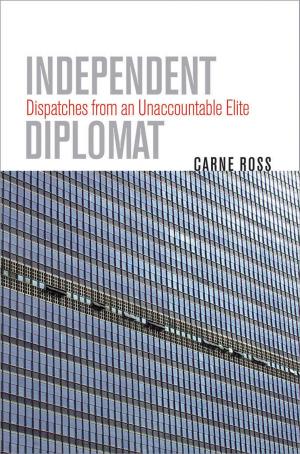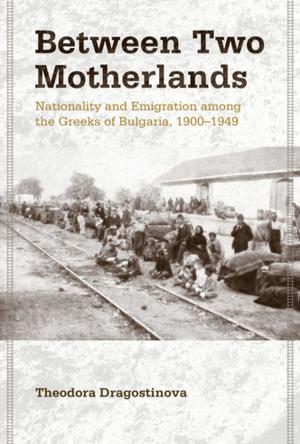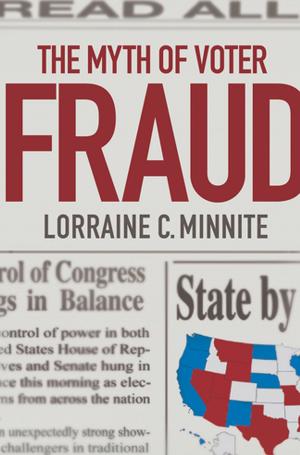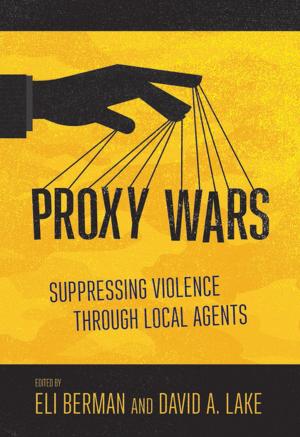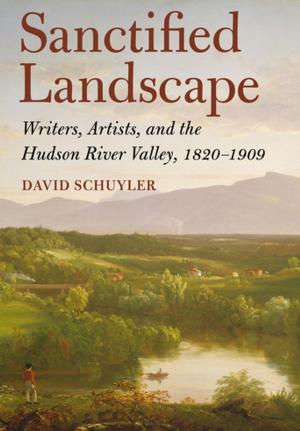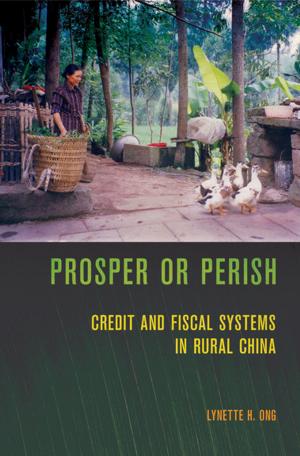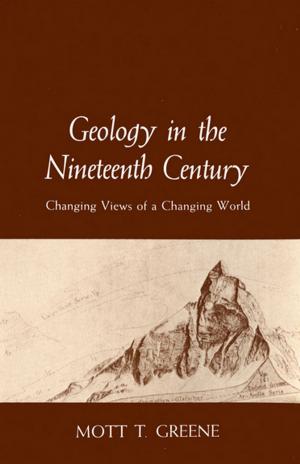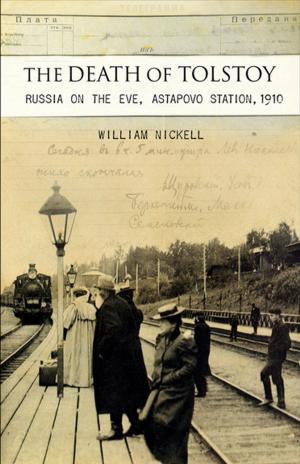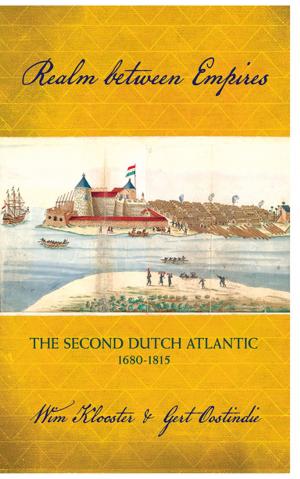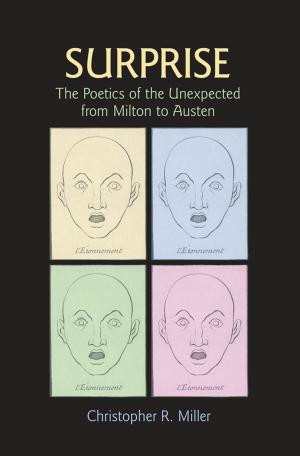The Universe Unraveling
American Foreign Policy in Cold War Laos
Nonfiction, History, Asian, Asia, Americas, United States, 20th Century| Author: | Seth Jacobs | ISBN: | 9780801464515 |
| Publisher: | Cornell University Press | Publication: | May 15, 2012 |
| Imprint: | Cornell University Press | Language: | English |
| Author: | Seth Jacobs |
| ISBN: | 9780801464515 |
| Publisher: | Cornell University Press |
| Publication: | May 15, 2012 |
| Imprint: | Cornell University Press |
| Language: | English |
During the Eisenhower and Kennedy administrations, Laos was positioned to become a major front in the Cold War. Yet American policymakers ultimately chose to resist communism in neighboring South Vietnam instead. Two generations of historians have explained this decision by citing logistical considerations. According to the accepted account, Laos’s landlocked, mountainous terrain made the kingdom an unpropitious place to fight, while South Vietnam—possessing a long coastline, navigable rivers, and all-weather roads—better accommodated America’s military forces. The Universe Unraveling is a provocative reinterpretation of U.S.-Lao relations in the years leading up to the Vietnam War. Seth Jacobs argues that Laos boasted several advantages over South Vietnam as a battlefield, notably its thousand-mile border with Thailand and the fact that the Thai premier was willing to allow Washington to use his nation as a base from which to attack the communist Pathet Lao.
More significant in determining U.S. policy in Southeast Asia than strategic appraisals of the Lao landscape were cultural perceptions of the Lao people. Jacobs contends that U.S. policy toward Laos under Eisenhower and Kennedy cannot be understood apart from the traits Americans ascribed to their Lao allies. Drawing on diplomatic correspondence, contemporary press coverage, and the work of iconic figures like "celebrity saint" Tom Dooley, Jacobs finds that the characteristics American statesmen and the American media attributed to the Lao—laziness, immaturity, ignorance, imbecility, and cowardice—differed from traits assigned the South Vietnamese and made Lao chances of withstanding communist aggression appear dubious. The Universe Unraveling provides a new perspective on how prejudice can shape policy decisions and even the course of history.
During the Eisenhower and Kennedy administrations, Laos was positioned to become a major front in the Cold War. Yet American policymakers ultimately chose to resist communism in neighboring South Vietnam instead. Two generations of historians have explained this decision by citing logistical considerations. According to the accepted account, Laos’s landlocked, mountainous terrain made the kingdom an unpropitious place to fight, while South Vietnam—possessing a long coastline, navigable rivers, and all-weather roads—better accommodated America’s military forces. The Universe Unraveling is a provocative reinterpretation of U.S.-Lao relations in the years leading up to the Vietnam War. Seth Jacobs argues that Laos boasted several advantages over South Vietnam as a battlefield, notably its thousand-mile border with Thailand and the fact that the Thai premier was willing to allow Washington to use his nation as a base from which to attack the communist Pathet Lao.
More significant in determining U.S. policy in Southeast Asia than strategic appraisals of the Lao landscape were cultural perceptions of the Lao people. Jacobs contends that U.S. policy toward Laos under Eisenhower and Kennedy cannot be understood apart from the traits Americans ascribed to their Lao allies. Drawing on diplomatic correspondence, contemporary press coverage, and the work of iconic figures like "celebrity saint" Tom Dooley, Jacobs finds that the characteristics American statesmen and the American media attributed to the Lao—laziness, immaturity, ignorance, imbecility, and cowardice—differed from traits assigned the South Vietnamese and made Lao chances of withstanding communist aggression appear dubious. The Universe Unraveling provides a new perspective on how prejudice can shape policy decisions and even the course of history.
